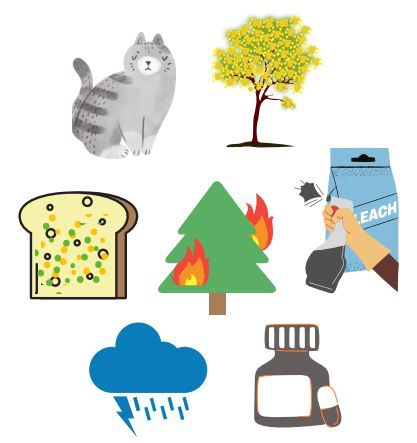Asthma triggers - what are they?
People with asthma have sensitive airways in their lungs.
A trigger is something that can cause the airways to become narrow and inflamed, leading to asthma symptoms. Avoiding your triggers, if possible, can help control asthma.
Things that can trigger an asthma attack
Environment - things around you
- Animal allergens - furry pets
- Mould, dust and dust mites
- Pollen (powdery substance from plants)
- Chemicals and strong smells
- Changes in the weather
- Air pollution like smoke from bushfires
- Cigarette smoke and breathing other people’s smoke
Some medicines
- Aspirin
- Non-steroidal anti-inflammatory like Nurofen, Voltaren, and Indocid
- Beta blocker including propranolol, Metoprolol, Atenolol
- Echinacea (herbal medication)
- Bee products (propolis/bee glue)
Other
- Stress and extreme emotions including anxiety, sadness, anger
- Hormonal changes in your body
- Pregnancy
More information
Speak with a nurse if you like more information on managing your asthma, including how to avoid asthma flare-ups when you are exposed to your triggers.
Tips to manage your asthma
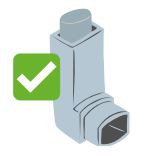
Check your inhaler. Check your inhaler technique regularly. Use a spacer for better delivery of medication. Speak with a nurse if you are not sure.

Be active every day. Move more and keep a healthy body weight - being overweight can make asthma harder to manage. Moving every day will make you feel better and help you breath more easily. Walking is great exercise.
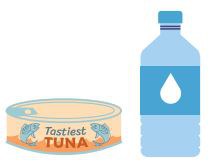
Eat well - eat healthy foods and make water your drink of choice - it’s good for your lungs and your waistline. Eat as much fruit and vegetables as you can. Eat smaller portions and choose healthy options on buy ups - look for the OK symbol on your buy-ups.
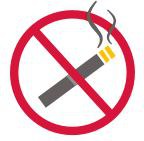
Go smoke free and stay smoke free. Smoking and asthma is a dangerous combination. Smoke damages your lungs and stops your asthma puffer working properly. Also avoid breathing other people’s smoke.
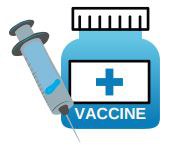
Get your regular vaccines. Vaccines are one of the safest ways to protect your health. Talk with a nurse or doctor about getting your vaccinations up to date.


